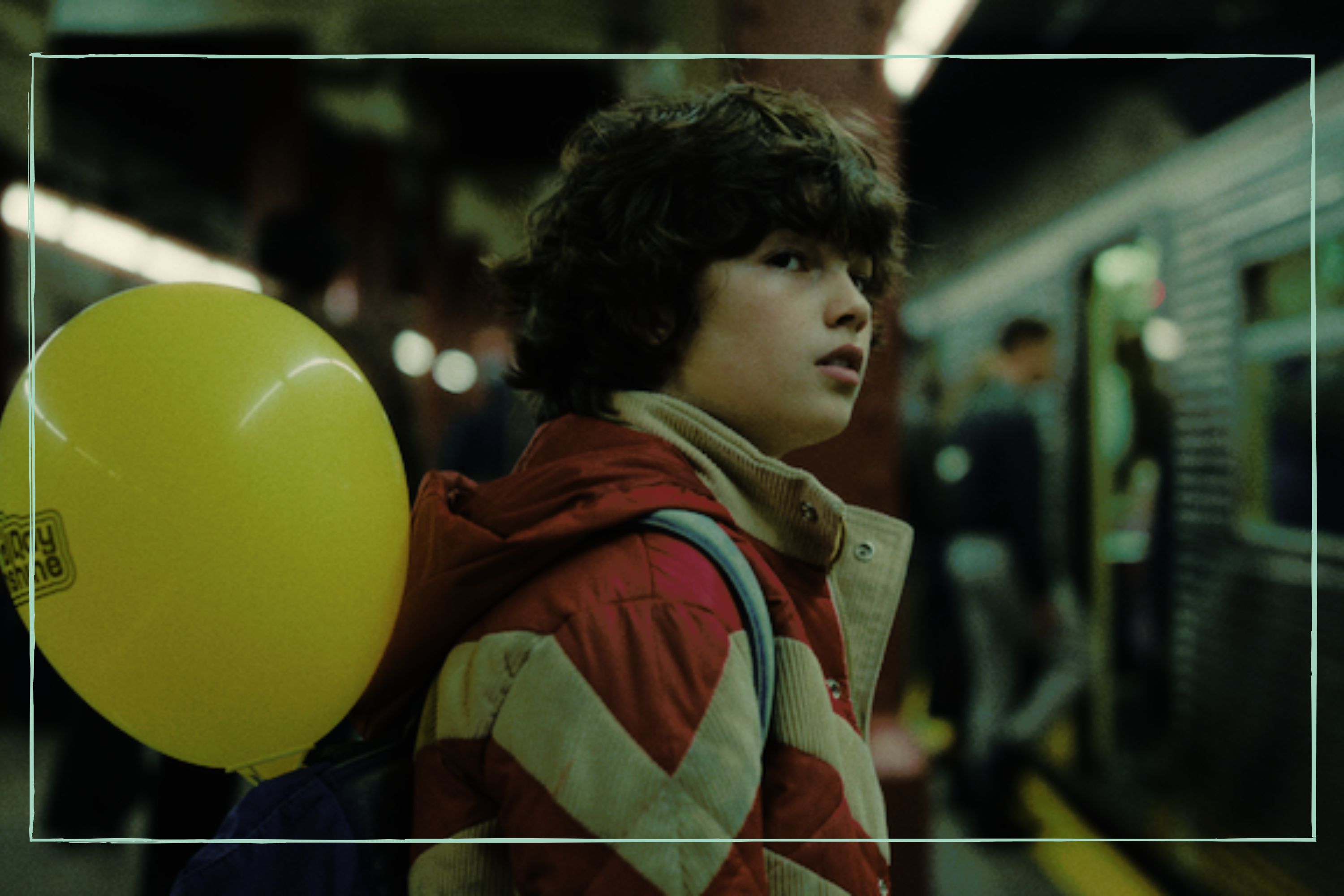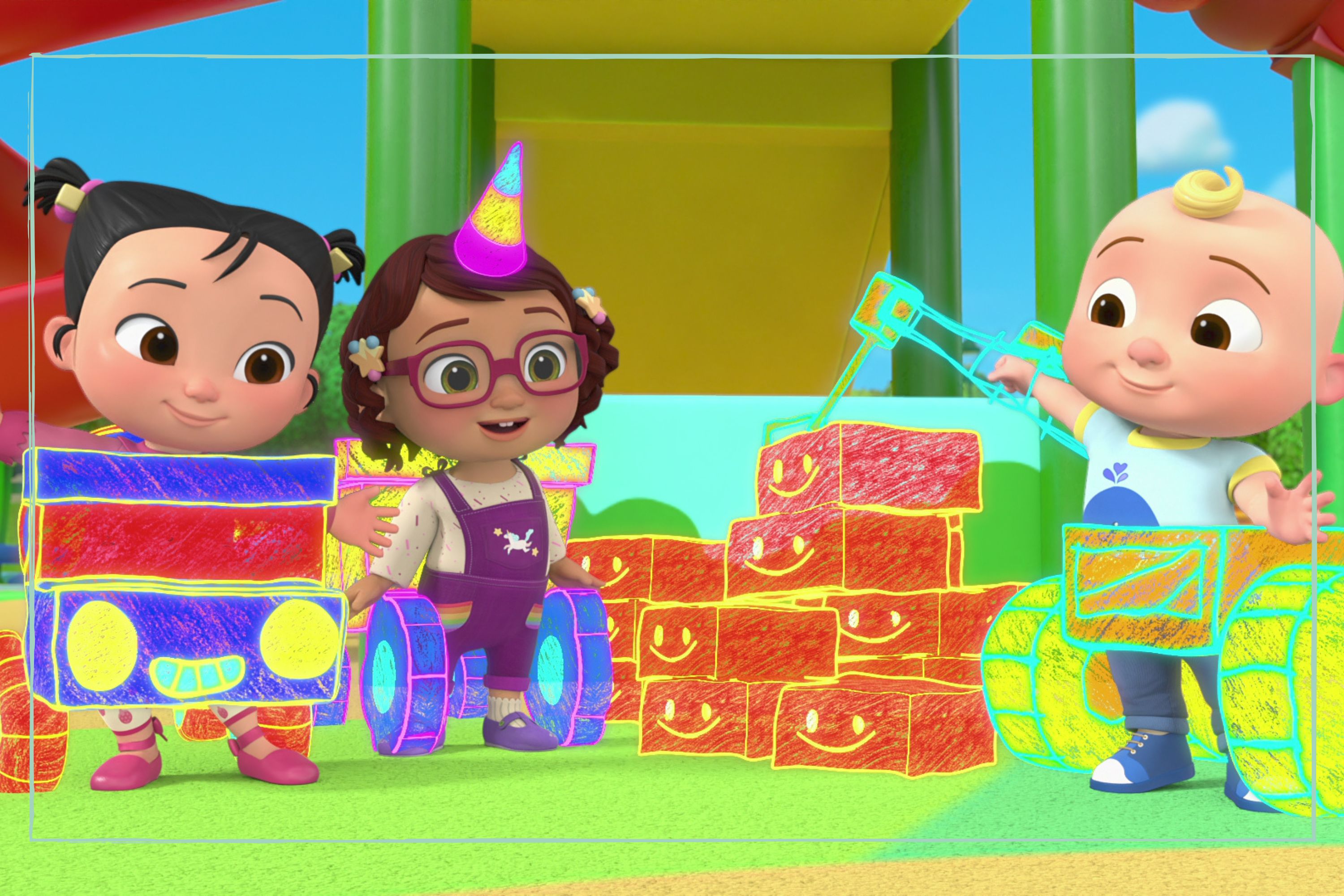Dopesick vs Painkiller: Are they the same story?
We delve into the Dopesick vs Painkiller debate, after both Hulu and Netflix released shows exploring America's opioid crisis


The two TV shows focus on similar issues - but are Painkiller and Dopesick the same story? And which is better?
New Netflix drama Painkiller is a fictionalised retelling of the opioid crisis in America. It exposes the damage that the drug OxyContin inflicted on those who were prescribed it and their families, as well as how exactly the company that developed it - Purdue Pharma - managed to get it prescribed on a mass scale.
Those who've watched Dopesick, which came out two years earlier, might be familiar with the story, as the two TV shows are rooted in the same real-life events. While Painkiller has many TV fans asking if it's a true story and where Richard Sackler - the president of Purdue - is now, Dopesick viewers have been comparing the two TV shows, wondering which is more accurate, and ultimately which is better. More recently, another new release about the opioid crisis has viewers wondering if Pain Hustlers is a true story too.
Is Painkiller the same story as Dopesick?
Dopesick and Painkiller aren't the same story, but they both focus on the opioid crisis in America. Though the events in both TV shows are fictionalised, Dopesick and Painkiller are both based on true events.
Dopesick is set in a mining town in West Virginia in 1996, and focuses on the character of Betsy Mallum, who becomes dependent on OxyContin after a mining accident. She was introduced to the drug by Dr Finnix, who later becomes dependent on the substance himself. Things began to fall apart when the Drug Enforcement Administration look into OxyContin, and start to build a case against Purdue Pharma.
Similarly, Netflix's Painkiller follows the story of a character who becomes addicted to OxyContin after an accident at work - Glen Kryger. Interwoven with Glen and his family's story is that of Edie Flowers, a lawyer who is building a case to take down Purdue, Shannon Schaeffer, a Purdue Pharma sales rep, and Richard Sackler himself, who is the president of Purdue Pharma.
Painkiller vs Dopesick: How accurate are the two TV shows?
Both Painkiller and Dopesick are fictionalised, with most of the characters made up, meaning it's hard to compare their accuracy. However, some characters are based on real people - such as Richard Sackler and other members of the Sackler family, as well as US Attorney John Brownlee.
GoodtoKnow Newsletter
Parenting advice, hot topics, best buys and family finance tips delivered straight to your inbox.
Meanwhile, the characters of Betsy, Glen and others who are affected by opioid addiction are based on the experiences of real people whose lives were permanently changed by OxyContin.
Painkiller draws heavily from the experiences of individuals, and the show's two main sources are made up of The New Yorker's article titled "The Family That Built an Empire of Pain", and the 2003 non-fiction book Pain Killer: An Empire of Deceit and the Origin of America’s Opioid Epidemic by Barry Meier.
Meanwhile, Dopesick stems from one primary source of research: journalist Beth Macy’s 2018 non-fiction book Dopesick: Dealers, Doctors, and the Drug Company that Addicted America.
Though Painkiller includes plenty of touches that are true to life - such as the pill-shaped plushies that Purdue sales reps gave out - it takes a very cinematic approach to the story, and frequently shows Richard Sackler hallucinating his dead uncle, Arthur, who mentors him and gives him business advice.

However, in contrast with these highly dramatised scenes, Painkiller's opening credits include real-life testimony from those impacted by opioid addictions.
The makers of Dopesick also spoke to people with opioid abuse disorder, and they even consulted a doctor who had been addicted to OxyContin. The Hulu show focuses more on how medical professionals - represented by Dr Finnix - were fooled into thinking that Oxy would be a non-addictive substance, and less on the personal lives and stories of those involved with Purdue Pharma and the legal case against it.
Which is better? Dopesick vs Painkiller reviews
Though subjective, Painkiller has been awarded 48% on Rotten Tomatoes' Tomatometer - that's the percentage of professional critic reviews that are positive - while Dopesick has an 89% rating.
It appears that Dopesick has taken the crown, and it's not surprising as the TV series was released to much acclaim and multiple Emmy nominations in 2021.
Ed Cumming for the Independent gave Dopesick five stars following the show's premiere, and wrote, "a gifted cast lets the narrative skip between the Sacklers, the sales reps, the enforcement agencies and the end users without becoming incoherent."
Meanwhile, fellow TV critic Nick Hilton gave Painkiller two stars in the Independent more recently, saying, "After Dopesick, which trod remarkably similar ground, it’s hard to argue that we needed another depiction of the tripartite collusion of pharma, clinicians and victims. This is a story told more comprehensively, convincingly, and, crucially, movingly, elsewhere."
Not all TV critics agree with this assessment, however. Lucy Mangan, writing for The Guardian, gave Dopesick three stars in 2021, saying, "This eight-part drama unpicks the immorality and greed that led to the rise of 'miracle painkiller' OxyContin - but is it trying to tackle too much?"
More recently, she awarded Painkiller four stars. Though she adds, "If in its anger and its desire to cover (especially legal) events as close up to the moment as it can, Painkiller fails to quite match Dopesick’s nuance, emotional resonance and tenderness towards its (deserving) characters in the process".
If you're just as hooked on the shocking story as we are, we've explained the ending of Painkiller and revealed all about the Painkiller cast too. Wondering if there will be a season 2 of Painkiller? We've got everything you need to know.

Ellie is GoodtoKnow’s Family News Editor and covers all the latest trends in the parenting world - from relationship advice and baby names to wellbeing and self-care ideas for busy mums. Ellie is also an NCTJ-qualified journalist and has a distinction in MA Magazine Journalism from Nottingham Trent University and a first-class degree in Journalism from Cardiff University. Previously, Ellie has worked with BBC Good Food, The Big Issue, and the Nottingham Post, as well as freelancing as an arts and entertainment writer alongside her studies. When she’s not got her nose in a book, you’ll probably find Ellie jogging around her local park, indulging in an insta-worthy restaurant, or watching Netflix’s newest true crime documentary.
-
 Balamory is back after two decades - why we can’t wait for the reboot of the iconic BBC series
Balamory is back after two decades - why we can’t wait for the reboot of the iconic BBC seriesWhat's the story in Balamory? Now you can find out, as the BBC announces the return of the beloved children's series nearly 20 years after the final episode aired.
By Lucy Wigley Published
-
 Is Francesca in Bridgerton gay? With more great representation in the show, this expert shares how to start the conversation around sexuality with your teen if they’re watching
Is Francesca in Bridgerton gay? With more great representation in the show, this expert shares how to start the conversation around sexuality with your teen if they’re watchingIs Francesca in Bridgerton gay? It's a question many have asked, and you might need to have conversations around sexuality with your teen if they’re watching.
By Lucy Wigley Published
-
 Is Eric a true story? Benedict Cumberbatch lives every parent’s worst nightmare in new Netflix show
Is Eric a true story? Benedict Cumberbatch lives every parent’s worst nightmare in new Netflix showIs Eric a true story? Every parent’s worst nightmare plays out in Netflix's latest show, against a backdrop of 80s New York grappling with AIDS and racism.
By Lucy Wigley Published
-
 Normal People season 2 rumours are circulating, and we have our own Marianne and Connell 'first love' stories to share
Normal People season 2 rumours are circulating, and we have our own Marianne and Connell 'first love' stories to shareNormal People season 2 rumours are flying around, and we have our own Marianne and Connell moments to share - because everyone remembers their first heartbreak.
By Lucy Wigley Published
-
 Channel 4 drama The Gathering explores 'toxic teenagers and their even more toxic parents' in an online world dominated by social media
Channel 4 drama The Gathering explores 'toxic teenagers and their even more toxic parents' in an online world dominated by social mediaNew Channel 4 drama explores the challenges of impossible standards set by social media, and how parents themselves become toxic in their need to protect their kids.
By Lucy Wigley Published
-
 Is Brandy pregnant? Bluey fans think the Heelers could be about to welcome a new cousin following the season 3 finale
Is Brandy pregnant? Bluey fans think the Heelers could be about to welcome a new cousin following the season 3 finaleEagle-eyed Bluey viewers are wondering if Aunt Brandy is pregnant, following a touching moment in the season three finale.
By Ellie Hutchings Published
-
 Is Bluey ending? What we know about the rumours around the kids' cartoon, as the Heelers put their house up for sale
Is Bluey ending? What we know about the rumours around the kids' cartoon, as the Heelers put their house up for saleBluey's producer has shared an update on the show's future
By Ellie Hutchings Published
-
 CoComelon has been accused of being 'overstimulating' - the experts explain why it's ok to let your kid watch the popular cartoon
CoComelon has been accused of being 'overstimulating' - the experts explain why it's ok to let your kid watch the popular cartoonCoComelon is adored by kids around the world, but some experts have shared reasons they don't think children should be watching - we look at both sides of the argument.
By Lucy Wigley Published